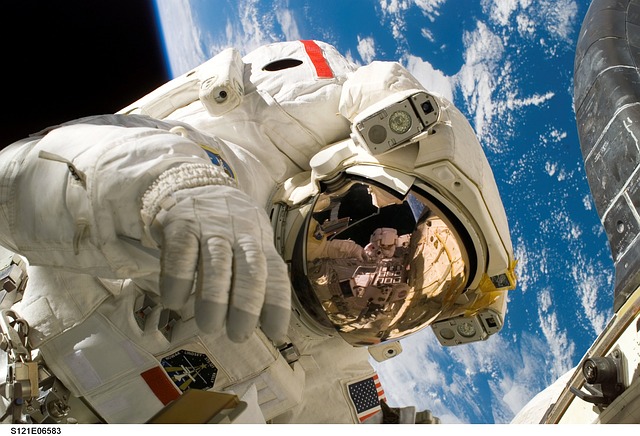Humans can indeed live in space for extended periods, and they have done so aboard the International Space Station (ISS) and during various space missions. However, living in space comes with several challenges and requires the right technology, training, and support systems. Here are some key points to consider:
- Life Support Systems: To survive in the vacuum of space, humans need a controlled environment that provides air to breathe, temperature regulation, protection from radiation, and removal of carbon dioxide and other waste products. The ISS and other space habitats are equipped with advanced life support systems to meet these needs.
- Microgravity Adaptation: Extended exposure to microgravity can have adverse effects on the human body, including muscle atrophy, bone density loss, and cardiovascular changes. Astronauts on the ISS and other missions perform daily exercise routines to counteract these effects.
- Radiation Protection: Space is filled with ionizing radiation from the sun and cosmic rays. Space habitats are designed to shield astronauts from harmful radiation, and mission planners carefully time missions to minimize exposure to periods of high radiation.
- Nutrition and Food: Space missions require carefully planned diets to provide astronauts with the necessary nutrients. Food is often dehydrated or freeze-dried and packaged in a way that minimizes waste and maximizes shelf life.
- Psychological Challenges: The isolation and confinement of space can lead to psychological challenges. Astronauts undergo rigorous psychological training, and mission planners consider social dynamics and support systems to help astronauts cope with the stresses of space.
- Space Suits: Spacewalks and extravehicular activities (EVAs) require specially designed space suits that provide life support, radiation protection, and thermal control. These suits enable astronauts to perform maintenance and repairs outside of their spacecraft or space station.
- Technical Expertise: Astronauts receive extensive training in a variety of technical skills to operate and repair equipment, conduct scientific experiments, and handle emergencies.
- Emergency Procedures: Space missions must have robust emergency procedures in place to deal with potential crises, such as equipment failures, medical issues, or hazardous situations.

While living in space is feasible, it's important to note that the current capabilities for long-duration space habitation are primarily confined to Earth's lower orbit, where the ISS is located. Traveling to more distant destinations like the Moon or Mars presents additional challenges, including longer mission durations, the need for radiation protection, and a greater reliance on closed-loop life support systems.
Efforts are ongoing to develop the technology and infrastructure needed for human exploration of these more distant destinations, which may involve establishing lunar bases or Mars colonies. These endeavours require a combination of scientific research, engineering innovation, and international cooperation to ensure that humans can safely and sustainably live and work in space for extended periods.
Top Stories, Trending, Viral, Jobs, Information & Entertainment Telegram Channel Click to Join Infimor
